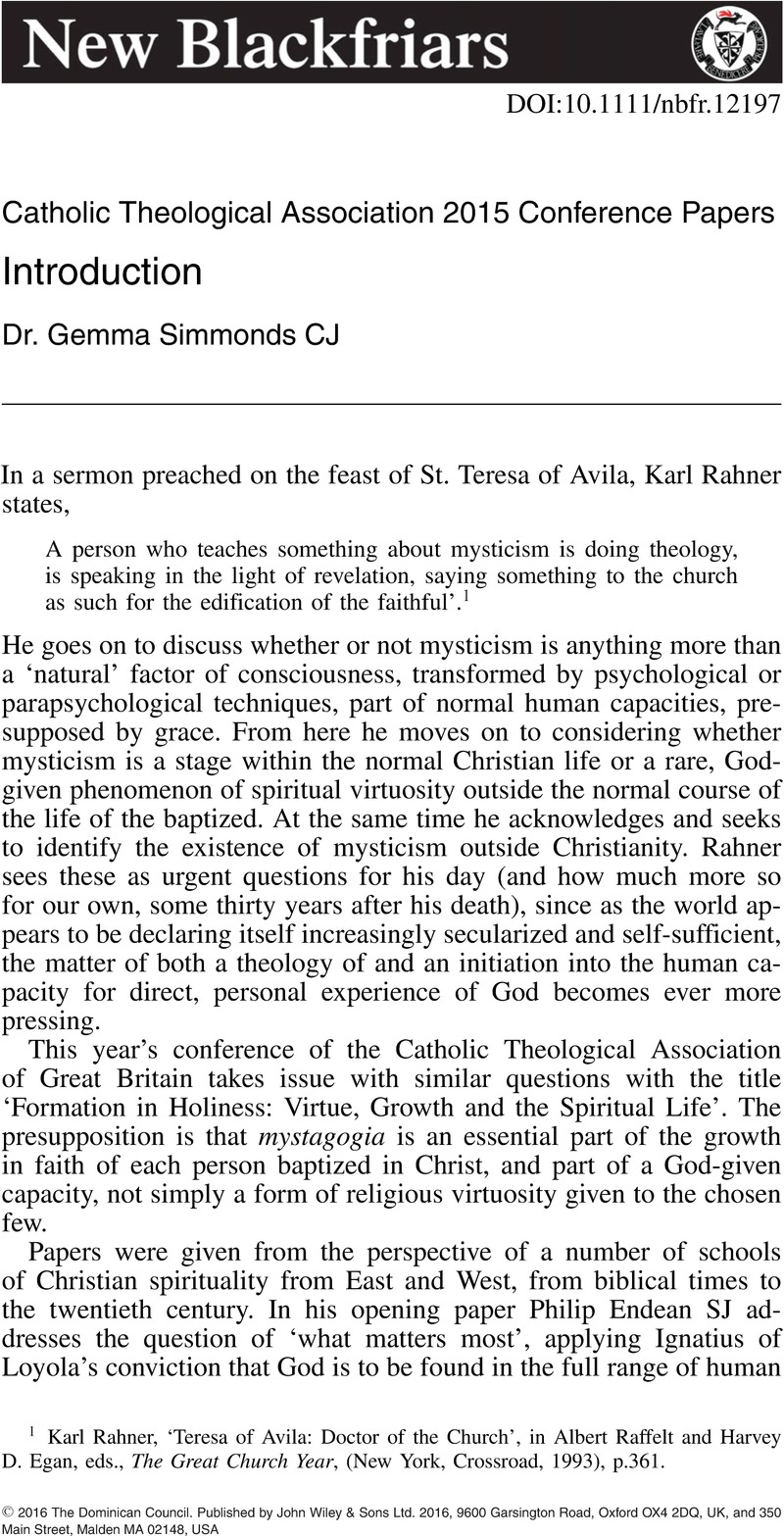Crossref Citations
This article has been cited by the following publications. This list is generated based on data provided by Crossref.
Stuart-Buttle, Ros
2018.
Christian Faith, Formation and Education.
p.
131.



